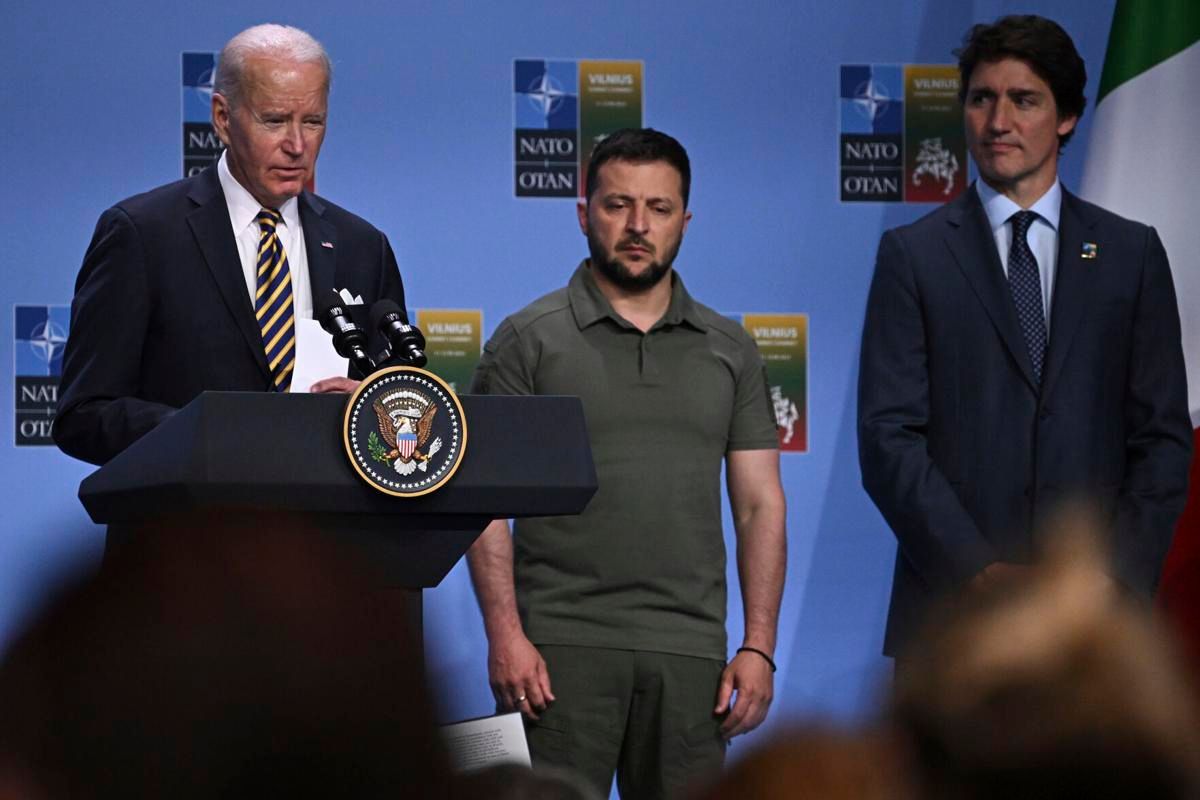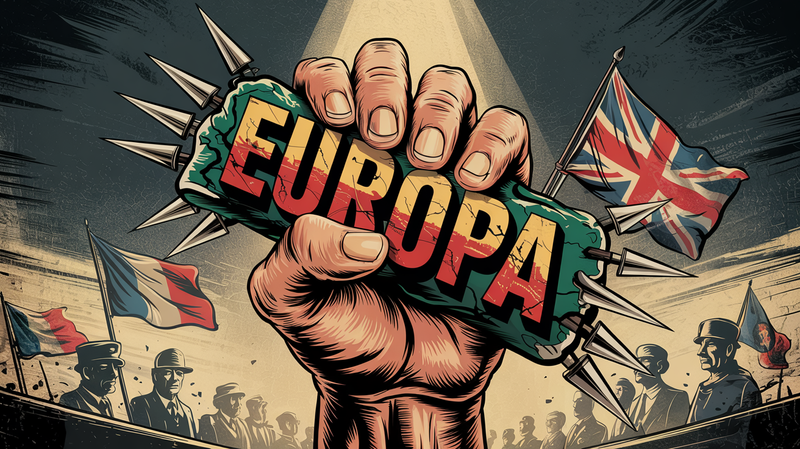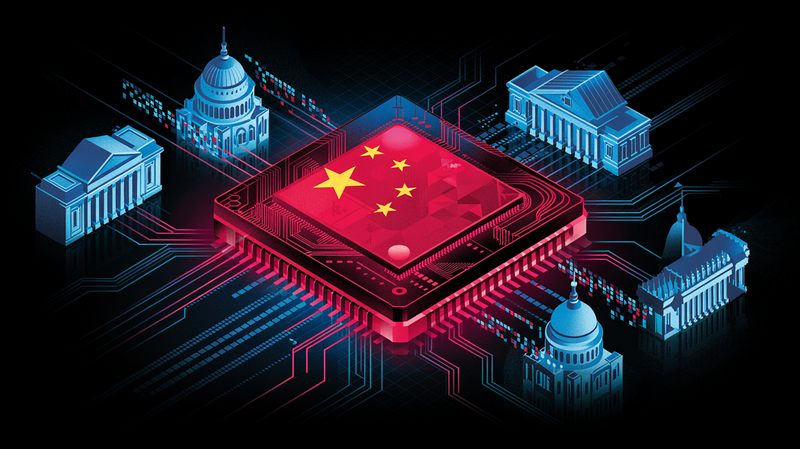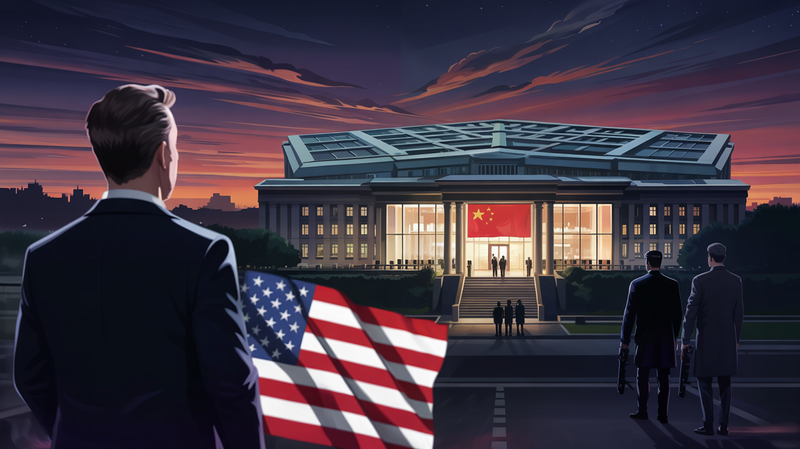Zelensky’s Bold NATO Tweet: A Turning Point or a Self-Sabotage?
The NATO summit in Vilnius, Lithuania, took an unexpected turn when Ukrainian President Volodymyr Zelensky's tweet ignited a diplomatic storm. The Ukrainian president expressed his exasperation with NATO's noncommittal stance on Ukraine's application to join the alliance. Zelensky called the situation "unprecedented and

The NATO summit in Vilnius, Lithuania, took an unexpected turn when Ukrainian President Volodymyr Zelensky's tweet ignited a diplomatic storm. The Ukrainian president expressed his exasperation with NATO's noncommittal stance on Ukraine's application to join the alliance. Zelensky called the situation "unprecedented and absurd", criticizing the vague wording of the summit’s final communiqué and the lack of specific terms for Ukraine’s accession.
This public display of frustration, which followed a year of what Zelensky dubbed as "love" from the West, had significant repercussions. According to The Washington Post, it 'stunned' the NATO representatives in Vilnius and 'enraged' the American delegation. The reaction was so severe that US officials even contemplated withdrawing Ukraine’s invitation to join the alliance.
The report revealed that subsequent informal discussions were held among ministers and other senior officials to determine how NATO should respond to Zelensky's public critique. Some U.S. officials suggested softening the communiqué's wording, eliminating the reference to 'invitation', or relocating the term, which would make the document less favorable to Ukraine's rapid accession to NATO.
However, French President Emmanuel Macron, supported by Central Europe and Baltic States, argued for retaining the original wording. A consensus was eventually reached, concluding that a document rewrite would delay its publication and cause further unease. The resolution was to "stick with the text” as originally drafted. Despite the ongoing discussions and tension, the summit ended with the signing of a security guarantee declaration for Ukraine by the G7 countries, hailed by Zelensky’s office as an important victory towards NATO membership.
While some sources have suggested that the behind-the-scenes spat illustrated NATO's dissatisfaction with Zelensky's pressure tactics, others have noted that the alliance has limited options for response. NATO countries are already committed to supporting Ukraine, and many member states still sympathize with Zelensky's call for more active assistance. Regardless of the controversy caused by his tweet, there was a consensus that Zelensky, leading a nation at war, must demonstrate his willingness to do anything to safeguard his people's interests.
Nevertheless, the events in Vilnius have raised important questions about the diplomatic approach and the dynamics of international relations. Zelensky’s publicly vented frustration could be interpreted as a bold move to pressure the alliance or a diplomatic misstep that might have jeopardized Ukraine's path towards NATO membership.
The incident has also highlighted the tensions between Western nations and Ukraine regarding their handling of the Ukrainian crisis. As reported, Zelensky's contentious interactions with Western lobbies left him feeling diminished. Consequently, he returned to Kiev in a foul mood, leading to a rigorous showdown with his associates.
As the situation evolves, it is crucial to observe how this incident affects the geopolitical chessboard and whether the Ukrainian president's audacious move ultimately proves to be a turning point in Ukraine's quest for NATO membership.




